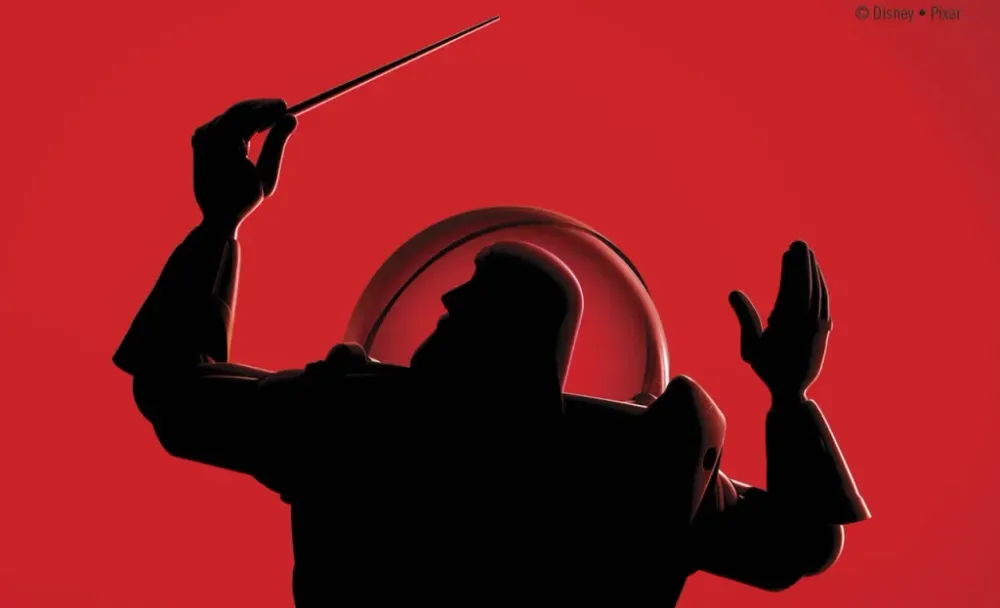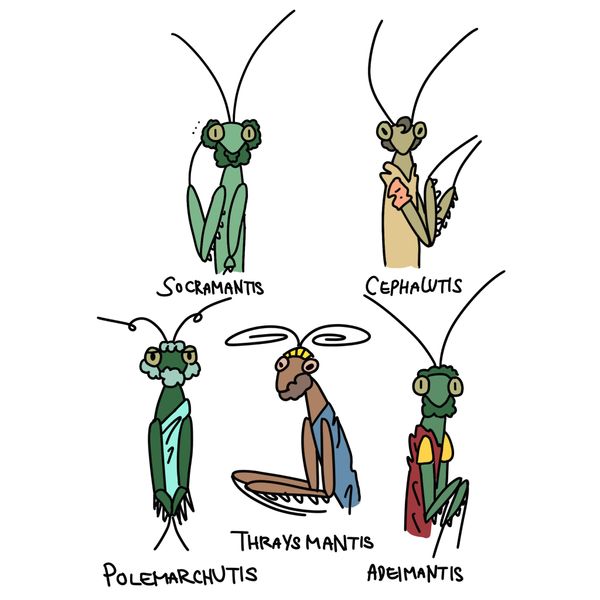Filmmaking is probably the second hardest form of storytelling.
Writing is the third.
Now, before you come at me with your pitchforks and your 2 and a half ton hardcovers of Les Misérables, give me a chance here. I don’t mean the best. I simply mean that telling a good story via film is harder than writing.
Someone was punching me, but I was reluctant to take my eyes from the people below us, and from the image of Atticus’s lonely walk down the aisle.
“Miss Jean Louise?” I looked around. They were standing. All around us and in the balcony on the opposite wall, the Negroes were getting to their feet. Reverend Sykes’s voice was as distant as Judge Taylor’s:
“Miss Jean Louise, stand up. Your father’s passin’.”
The above is an excerpt from To Kill a Mockingbird. This is a scene where Atticus Finch, a lawyer is leaving the courtroom after defending a wrongly accused Black man. It is simple, it is profound, and it is beautiful. A tiny scene conveys so much, how discombobulated Jean is, the sincerity of the respect and admiration for Atticus, the lack of understanding Jean has for what her father has done in this instant. In 72 words, Harper Lee has made you completely understand the two main characters. In the last eight, she has said more than most films do.
Speaking of films, how did the film adaptation carry out this scene? It tried for almost an exact reenactment that fell short of what the novel had imparted. But it feels... strange. The music, the tone, the voices. Synthetic. The point of view has changed. The exact setting has been set. Atticus now feels artificially glorified. It is different, which it should not be. It feels as if the director read the book and said, “yeah, ummmm… do that". A sorry attempt to replicate a masterpiece.
As I read the book, I become Jean Louise. I see my father walking down the aisle and I feel the purity of the veneration around me. I see a crowd silently rising to greet a lone warrior returning from battle with the weight of the world on his back. At that moment, Atticus Finch becomes Atlas himself.
As I watch the movie, Atticus Finch remains a loud, noble, white man arguing his case, and that is all he is. The thing is, nothing has really changed. The film really did just “do that”. The dialogue is the same, the characters and timing are the same, the setting, the context, everything has been preserved. The only difference is the medium. And there lit lies. The fatal flaw.
Every storyteller must understand that imagination is a powerful thing. Not just your own, but your audience’s as well. Entertainment is a science of one. People are annoyingly unique, but your stories must be tailored to their unique little preferences. Thus, we rely on imagination. When you read a novel, you do not imagine words, you imagine a movie. A perfect representation of what is written and more importantly, what is not written. Because it is what is not said that is truly important in the art of storytelling. Nothing will ever compare to your imagination, so it is imperative to leave space for you to fill. The book is simply a guide. Films, on the other hand, must show you; they must tell you; they must anchor you down. But all good art needs some fog; clarity is boring. Excite me! Oh wait, you can’t. Well, let me excite myself! In a film, how can I let your imagination run wild when I have to show you everything that is happening?
This is fairly simple for children; their imaginations are permanently on at least 5 types of hard drugs. Ever talk to a kid? They think of some wild stuff. Part of it must be how moronic they are. They casually ignore the constraints of reality. Adults on the other hand, are much harder to engage. Part of it must be how moronic they are. They willingly comply with the constraints of reality. The world is full of morons, and now we must entertain them.
So how does one make a good movie? Well, the thing is, you don’t have to. The highest-grossing film of all time is Avatar, a very forgettable movie. Smurfs, but big? It had literally no effect on film culture. A few hundred million people just walked out of it and said, “wow, I watched a movie” and carried on with their lives. But let’s say you regard yourself as an artist and you want to make something amazing, a masterpiece! After some preliminary research on unemployment benefits, you may wish to look at some of the films that have been known to transcend the fundamentally difficult art form they are created with.
It is important to establish that Pixar is not the average filmmaker. Children’s entertainment is typically defined by TV shows. Easy to make, easy to market, easy to view. When you come to children’s movies however, things get a lot more complex. Children cannot go to theatres alone, so films must convince adults to come along as well. Of course, you can depend on the little brats to drag their parents along, but if you really want the big bucks, you’re gonna have to make Good Stuff. If you can make adults willingly watch a children’s film, well, you’ve struck gold, haven’t you?
Pixar does this by catering to two audiences at once. Don’t think of it as Pixar telling two different stories, it is the same story. The story is perceived and understood in the same way. There are no dirty jokes or implicit details that only adults can understand. There is no plot point that requires the innocent purity of a child’s heart to perceive. Their films are for all ages because they’re simply just interesting.
But why? It's not nostalgia, it's not as if the story is a combination of two sides only visible to specific age groups. It is the same thing. The challenge therefore is, how do you find an overlap between two entirely different age groups, with different lived experiences, maturity, wisdom, standards, etc. What is there that is universal and entertaining at the same time.
Emotion.
That’s all it is. Nothing more, nothing less. Just be actually funny, or actually sad, or actually whatever. Make your audience feel. Emotion is universal. It is designed to be. Because enjoyment is in the realm of the subconscious and nothing but pathos survives the subconscious. You are not human because you think, rather, your humanity is defined by emotion. Pathos, ethos, logos. There is a reason behind that order. Homo Sapiens? More like Homo Emotivus. But Pathos is hard! Well, boohoo, serves you right for trying to be a filmmaker.
(ಥ﹏ಥ)
There isn’t much I can tell you about Pathos due to my extraordinarily low EQ (which I wear as a badge of honour), but the sole thing I have noticed is that humans tend to feel human things. Being human is very simple, you just don’t have to try to be anything else. You can’t really fake emotion, and you certainly can’t fake something meant to induce emotion. Pixar has always been aware of this, every movie they have written has always been real to its creators.
Inside Out started off as an exploration of Joy and Fear getting lost together. In preliminary screenings, the movie was found to be dysfunctional. It wasn’t real. It was a story for the sake of a story. On the day that the director thought he was going to be fired, he had an epiphany. In his own life, it was Sadness that completed the story. In his own life, it was sadness that he remembered the most, the times of tragedy which shaped him. Thus became the film that grossed the highest box office opening weekend for a wholly original film at the time of release.
Of course, emotion can only take you so far. Pixar still needs a story. A story for children and adults, a plot to be appreciated by a group that is incapable of operating a toilet and a group that will voluntarily read Les Misérables in the absence of a fairly large weapon held in the vicinity of a vital organ. (screw you, pretentious scum)
It is a common misconception that Pixar makes children’s movies. Disney makes children’s movies. Pixar makes films for adults. They then package them for children.
Look at any Pixar film. An alcoholic cat is confronted with his own mortality and understands what he truly treasures. An old car is forced to embrace change to stay relevant. A toy overcomes his fear that his owner no longer treasures him. A soul must confront the fact that he does not understand his purpose. A feeling must come to terms with her not being the sole factor in emotional stability. These are all the same stories. A story of the world moving on. A story of coming to terms with your irrelevance. A story of realisation, struggle and finally, acceptance. This is an adult story, a story of the human experience.
A children’s movie does not talk about this. They talk about fairytales with clear morals and clear villains and clear meanings. Pixar writes for adults and their masochistic ability to experience self-awareness. Then, they make it simple. They add the colours and animation for children. They keep the vocabulary understandable, the metaphors obvious and the meaning in plain sight.
Making things simple is not simple. When I write these Areticles, half of my time is spent on cutting out unnecessarily complex things. I want to seem intelligent. I want to impress myself. Most adults do. Most storytellers do. In doing so, they tend to forget that adults are really just oversized children pretending to be smart. In your pursuit of complex vocabulary, abstract ideas and implicit metaphors, you have forgotten to be human. This is forgivable if your big words actually say something. But forgivable does not mean good. Ahem Les Misérables ahem.
It is important to note that simplicity is only an affront to self-perceived intellect, rather than actual intellect. Unfortunately, self-perceived intellect is all too common. It is the reason why 1984 is more popular than Animal Farm. Both are political critiques; one just makes you feel a lot smarter reading it.
Then, listen here you obnoxious little know-it-all trying to psychoanalyse a billion-dollar studio, if Pixar tries to appeal to adults, why are they known as children’s filmmakers?
Simple. Pixar will never be able to market to adults. They must remain children's filmmakers since adults will enjoy Pixar, but only because they are not its target audience. Between Avatar and Puss in Boots, any self-respecting adult will choose the former but enjoy the latter. Adults are far too proud for simplicity; they love to hate the complexity in their lives. Pixar cannot market their style to them. So, they let the kids drag them along. Because for the next film, their resistance will be a pretence.



